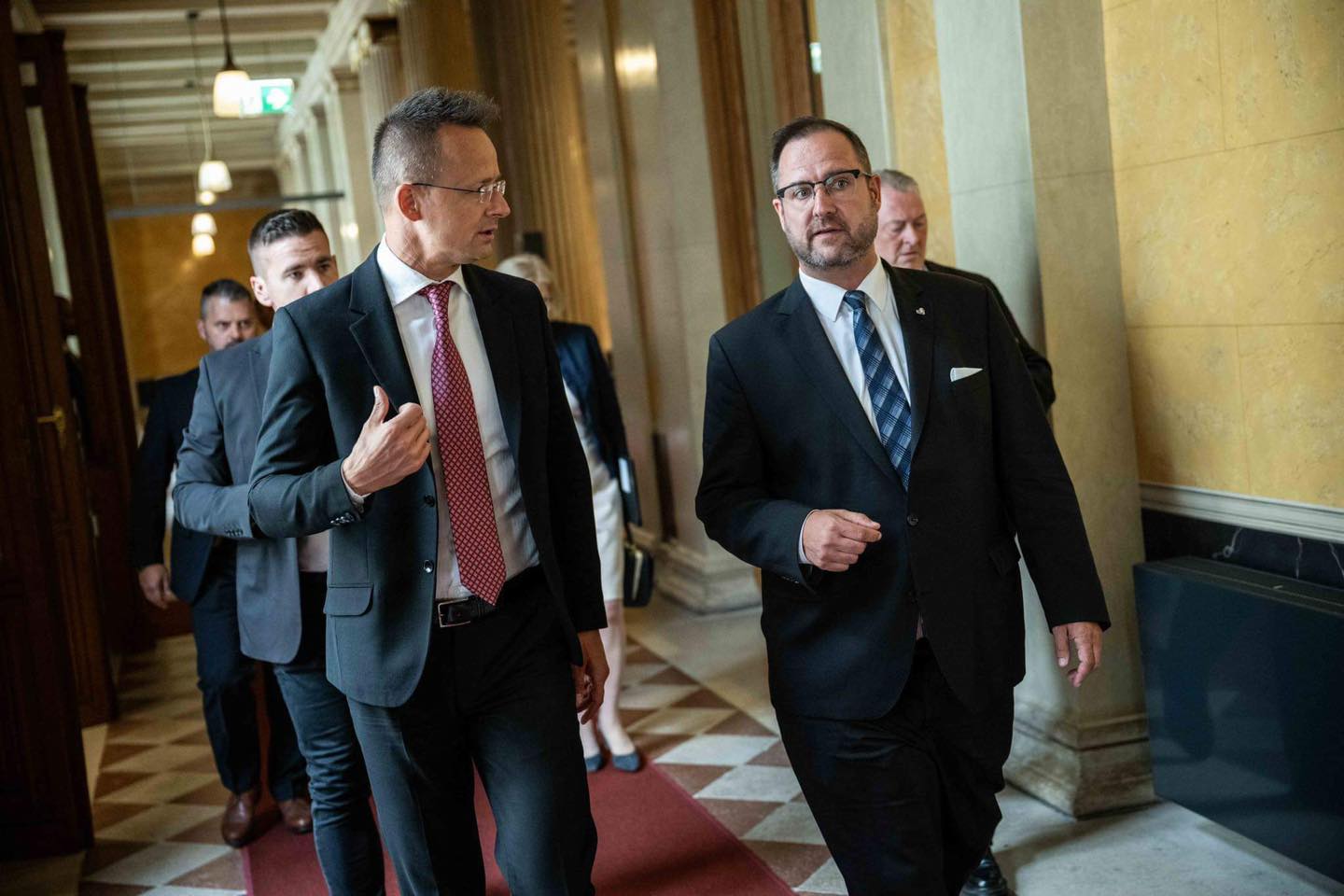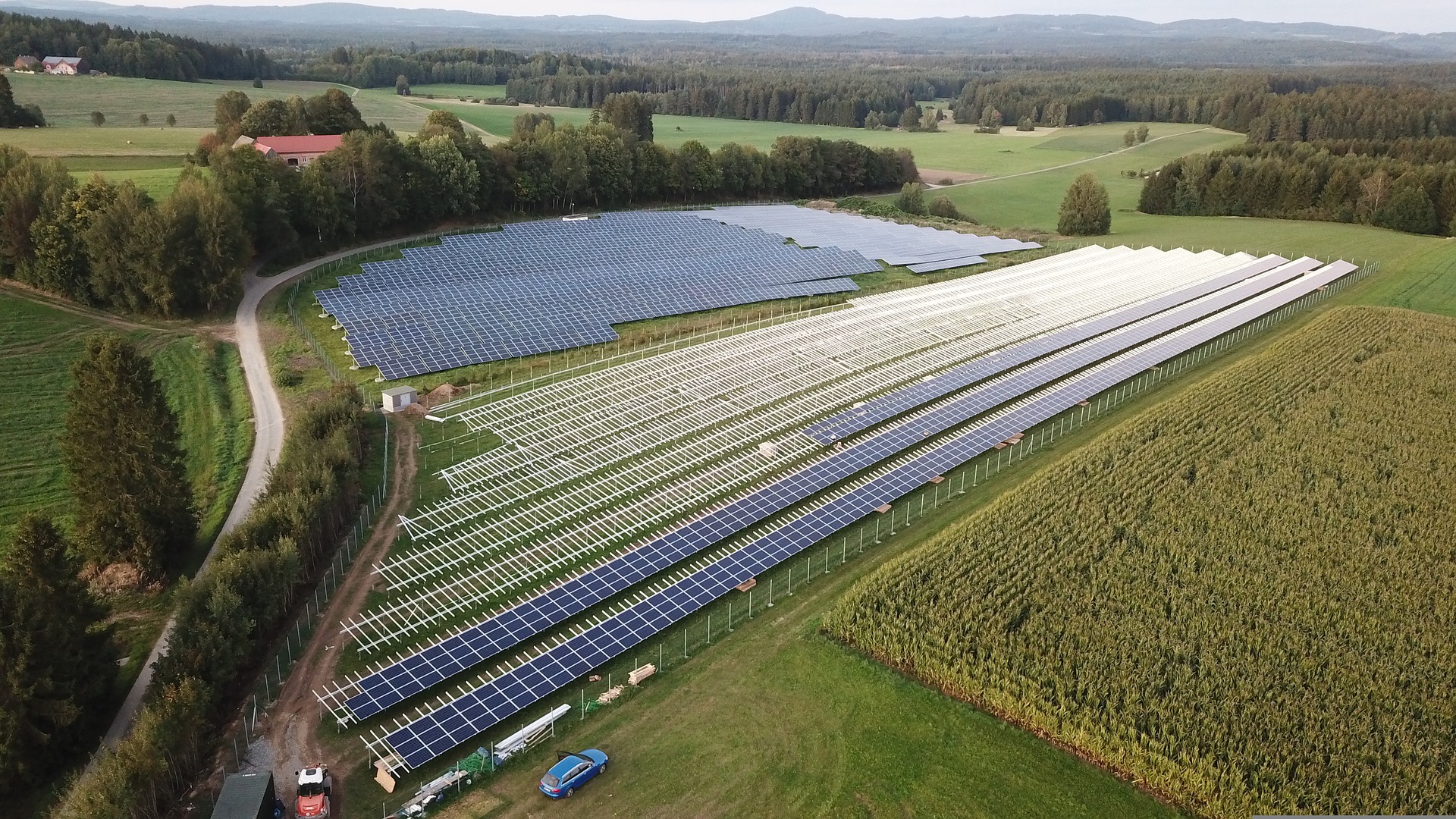
Minister Szijjártó highlighted challenges faced by patriotic movements across Europe.Continue reading

Hungary’s long-term economic growth is driven by transitions in the nuclear, solar energy, and automotive industries, according to Minister of Foreign Affairs and Trade Péter Szijjártó.
At the Partnership for Transatlantic Energy and Climate Cooperation (P-TECC) event in Bucharest, Minister Szijjártó emphasized Hungary’s commitment to becoming carbon neutral by 2050 and making its energy production 90 percent sustainable and carbon-free by 2030. “Hungary has committed to achieving carbon neutrality by 2050 and making its energy production 90 percent sustainable and carbon-free by 2030,” he stated.
Given Hungary’s lack of major oil or gas fields and coastline, the government focuses on nuclear and solar power to avoid disrupting landscapes with wind farms.
The Paks nuclear power plant, currently producing 50% of Hungary’s electricity, will expand from 2,000 MW (Megawatts) to 4,400 MW by the next decade, increasing its share to 70% and reducing carbon emissions by 17 million tons per year. This expansion will supply 1.8 million households with clean electricity, create 14,000 jobs, and contribute USD 50-65B to the GDP over 60 years. Péter Szijjártó highlighted that nuclear investments have the strongest economic multiplier effect among carbon-neutral power projects.
Hungary’s solar power capacity has surged eight-fold over the past five years to 6,700 MW, accounting for 47% of total electricity generation capacity. Additionally, Hungary hosts manufacturing bases for all three German premium car brands and five of the top ten electric battery manufacturers. This positions Hungary as the fourth-largest producer of electric batteries globally, with ambitions to become the second largest once current investments are completed.
Thus German electric cars are powered by Chinese electric batteries. This is the reality. And they work very closely in Hungary,” he remarked.
The politician also discussed challenges related to diversifying oil supplies and infrastructure limitations, emphasizing the need for alternative transport routes. He noted Hungary’s initiatives to purchase gas from Türkiye and Azerbaijan, despite limited infrastructure capacity in Southeast Europe and a lack of financial support from the European Commission.
“The nuclear industry, the solar industry, and the transition of the automotive industry are the three main pillars of our long-term economic growth, all stemming from our commitment to becoming carbon neutral by 2050,” he concluded.
Via MTI; Featured Image: Pixabay